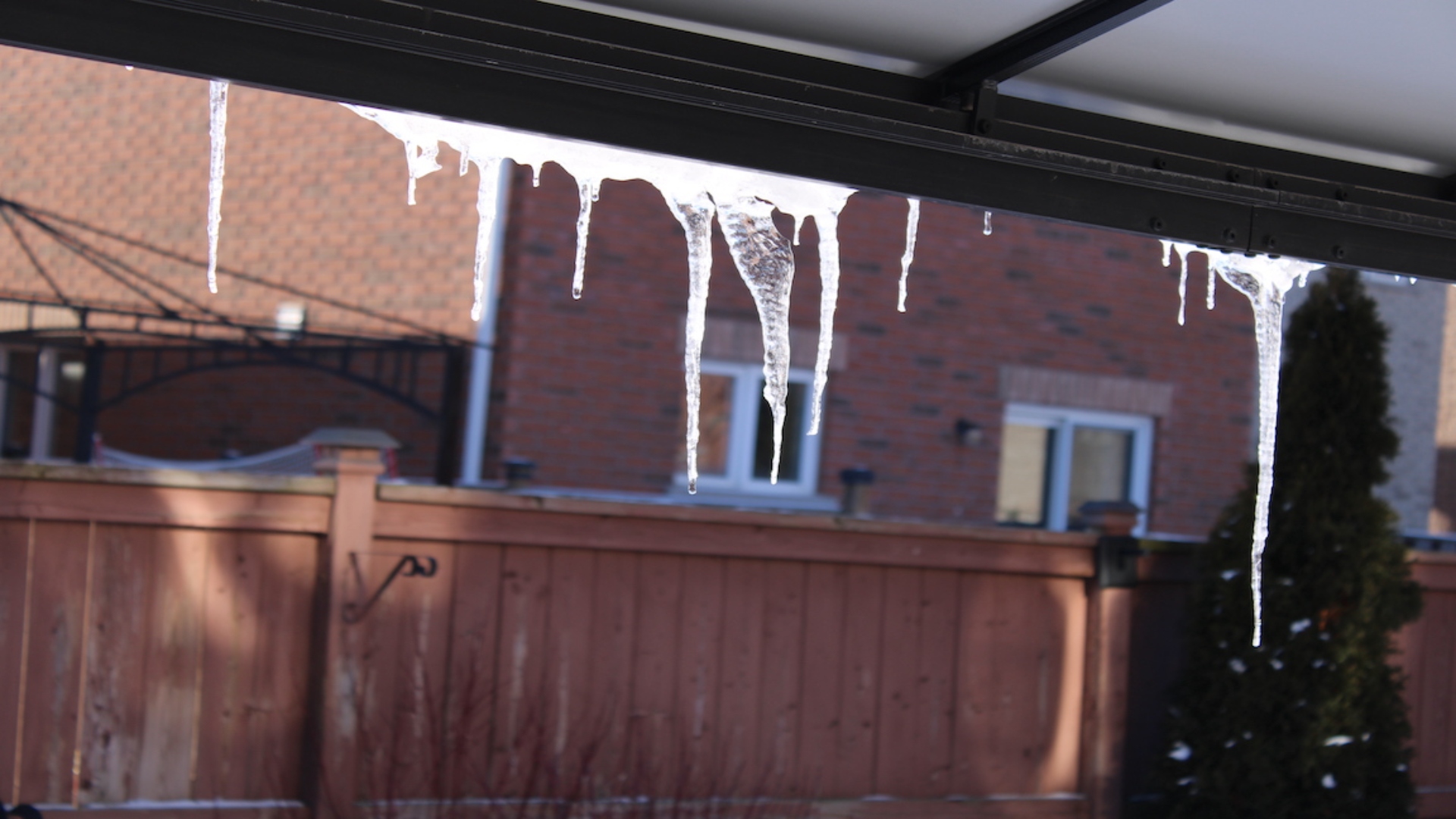The most recent snowfall to start the year set a record as it landed in the top 10 highest snowfall totals recorded in a single day, with 32 centimetres recorded at Toronto Pearson International Airport. That total edged closer to its biggest record, 45.5 centimetres in February 1965.
It also served as a reminder of how brutal Canadian winters can be, with high drifts and extreme weather alerts of -30 C.
However, despite the frigid weather, the temperatures are quite normal in these winter months, with the exception of the frequency of extreme temperatures.
“The weather is actually typical for this time of year,” said Trevor Porter, an assistant professor of environment at U of T Mississauga.
Porter said the weather is currently swinging the pendulum away from the cold.
“Over the last 180 years of temperature measurements in Toronto, temperatures have been getting warmer, not colder,” Porter said.
He said the recent weather is mainly due to short-term fluctuations in atmospheric circulation, thus allowing very cold and dry polar air to come further south than what is typical.
With really cold weather being rare, it can be difficult to decide what would qualify as “extreme weather.”
Kent Moore, a professor of physics at U of T Mississauga, outlines the reasoning for why winters have been getting warmer.
“For the last 150 years, we’ve been burning fossil fuels, and pumping greenhouse gasses into the atmosphere, so that’s the basic reason why it’s getting warmer,” Moore said.
That warming in winter also brings a mixture of more rain and snow, along with some evidence that cold temperatures last longer because of that warming.
While there is speculation as to climate change potentially playing a role in the cold winter snaps, Porter said the possibility isn’t strong.
“Some climate scientists have theorized that global warming could act to destabilize mid-latitude atmospheric circulation patterns, potentially causing more frequent incursions of extreme weather, but there is no strong evidence to suggest this is happening, at least not at broad geographical scales,” Porter said.
UN Secretary-General António Guterres presses urgency on a global response to slow climate change, saying 2021 was a “make-or-break year.”
“Today’s interim report from the United Nations Framework Convention on Climate Change is a red alert for our planet. It shows Governments are nowhere close to the level of ambition needed to limit climate change to 1.5° C and meet the goals of the Paris Agreement.” Guterres said.
Coming off one of the hottest summers ever in 2021 however, the changing climate certainly makes an impact when the weather is much warmer.
Climate Central said in 2019 the negative effects of climate change were “endangering cold-weather traditions cherished by communities around the United States.”
Jennifer Brady, Climate Central’s senior data analyst, said climate change is making winters warmer and shifting snowfall patterns around the country.
“The warming has happened fastest in America’s historically cold places, many of which have winter-based economies and traditions,” she said.

